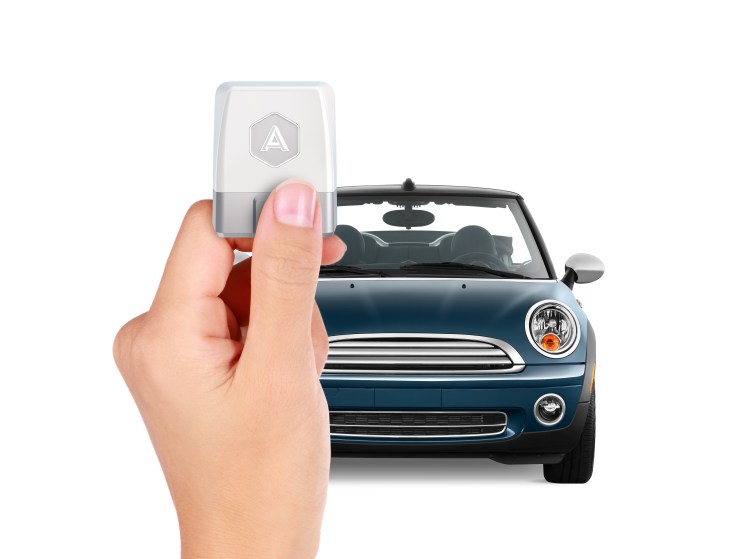Automatic is laying off 24 of its employees, which equates to about 28 percent of its workforce. The connected car platform company said that the layoffs are distributed across the organization, impacting those in engineering, support, quality assurance, and other areas.
Calling it one of his toughest decisions, CEO Thejo Kote explained that the move was necessary in order to allow Automatic to focus on two market verticals that have proven successful: Auto insurance and fleet management. This new focus is expected to pave the way to profitability, something that Kote predicts will happen in the “early part of next year.” He shared that the company’s revenue has grown 400 percent from 2014 to 2015.
At last count, Automatic had 85 employees, but with this shift in priorities, redundancies emerged in roles and responsibilities. Kote said that before this, the company made every effort to control costs, but to no avail: “Ultimately I came to the decision that this was the right thing to do for the long-term, for the health of the company, and to reach profitability.”
Founded in 2011, Automatic has been working to build up the automotive cloud. “Every car will be connected in the future,” Kote said. The company’s first product — an adapter that monitors your vehicle — was aimed at consumers. But as the connected car landscape has exploded, Automatic has opted to pursue other opportunities beyond the consumer space.
As part of a play for the auto insurance industry, providers will help distribute Automatic’s adapter in vehicles. The company has already signed partnerships with four major carriers, although Kote would only disclose relationships with Liberty Mutual and USAA, which is an investor. However, he said that providers were willing to use the platform because of the user experience, the design, and the fact that it was provided by a third party, which ensures that the data is more transparent.
As for fleet management, Kote didn’t shy away from the idea that it’s akin to those bumper stickers you see on trucks that read “How’s my driving?” Automatic’s adapters can be used to obtain actionable information concerning trucks in a fleet company. The performance of these vehicles is important, especially from the brand and reputation side. The platform can also be used to provide real insights and feedback to drivers, Kote said, many of whom may not often get such feedback from their supervisors.
But in doubling down on these verticals, the company realized that it didn’t “make sense to have dedicated teams focused on the consumer product,” Kote remarked. “We found the areas that bring the most sustainable and fast growth over the next 18 months.”
Automatic will continue to sell its adapter online and in retail stores. Its software will also remain supported, but the team itself will focus on the new verticals. Kote wrote in a blog post: “We’ve got something big that we’re excited to launch soon. Our consumer products showcase the variety and value of the services our platform enables, like third-party integrations or teen driving apps. Our success attracting and working with partners is directly attributable to the quality of products we ship to consumers. And our partners provide enormous channels to get our products into more drivers’ hands.”
Founded by Kote and Jerry Jariyasunant, Automatic has raised more than $32 million in venture funding through investments from Y Combinator, USAA, Michigan eLab, Comcast Ventures, Amicus Capital, CDK Global, Lumia Capital, and several angel investors.


